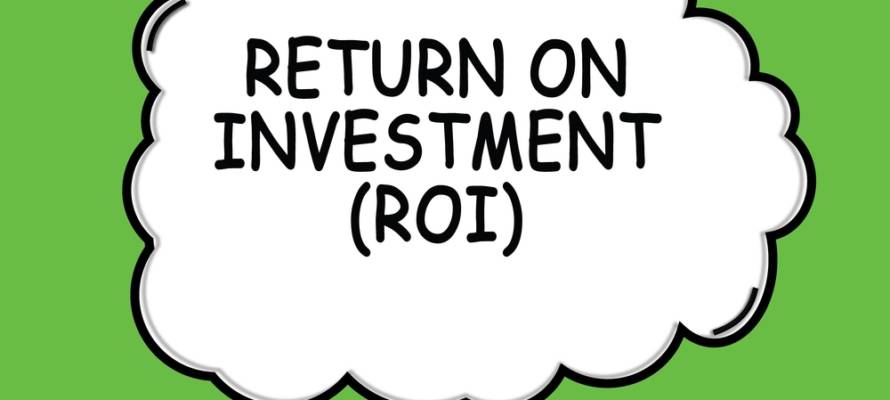There is one investment with rewards that extend far beyond a person’s lifespan. We learn about it in this week’s Torah portion.
This week’s Torah portion is Vayechi (Genesis 47:28 – 50:26), and in it we read that Jacob calls for Joseph before he is about to die, and beseeches his beloved son, “Please do not bury me in Egypt.” He made Joseph take an oath that he will bring his body back to the Land of Israel, and not bury him in Egypt.
Jacob calls fulfillment of his request one of “kindness and truth.” The famous commentator, Rashi, explains that when we perform an act of kindness for a deceased person or we fulfill his or her wishes after death, it is considered to be “a true kindness.” This is because there can be no reward for the kindness from a person who has died.
In contrast, when we do a favor for a living person, even if we are sincere, there is always that possibility of reward, reciprocation or recognition in the back of our minds. There is usually some form of self-interest involved. But, as mentioned, doing a favor for one who is deceased who cannot return the kindness or even say “thank you” is an act of “true kindness” – there can be no ulterior motives.
Yet the issue is more complicated. First of all, we find – earlier in the Torah – that the term “true kindness” is used in reference to performing a favor for a living person. So how can Rashi say that the term “true kindness” refers exclusively to a kindness performed for a deceased person? Furthermore, are favors performed for living people always agenda driven?
Therefore, other commentators suggest that perhaps Rashi’s teaching should be understood differently. When Rashi says that performing a kindness for the dead is “true kindness” because the person “does not anticipate reward,” Rashi actually means that the deceased does not anticipate reward.
We mistakenly believe that one can earn merits only through the performance of mitzvot (Torah commandments) when alive. However, a person can gain reward for the performance of mitzvot even after death – through the mitzvot performed by one’s children. When the deceased’s children perform mitzvot, the parent is rewarded as well. This is because without the education given by the parents, children would not know anything about performing the mitzvot. Parents are credited for their children’s Torah education.! It follows, therefore, that a parent earns eternal reward when his or her children act properly.
Now we can better understand Rashi’s comments regarding “true kindness.” Jacob requested of his son, “Do not bury me in Egypt,” not only literally, but also, as if to say, “Do not allow my way of life to end when I die in Egypt.” Jacob wanted Joseph to continue living as a Jew, just as he taught him to do, so that he [Jacob] would continue earning merit even after death, Jacob did not want to be “buried” in Egypt; he wanted to keep “living” through the performance of the mitzvot of his children.
Here lies a very important message to parents. Investing in our children’s Torah education is an investment that will continue paying the benefits long after we leave this world. By inspiring, teaching and directing our children to live a life of Torah and mitzvot, we ensure our own merits in both this world and the next.
By: Rabbi Ari Enkin, Rabbinic Director, United with Israel
For more insights by Rabbi Enkin on this week’s Torah portion, click on the links below.
https://unitedwithisrael.org/living-torah-a-kindness-of-truth/
https://unitedwithisrael.org/living-torah-stay-focused/
https://unitedwithisrael.org/living-torah-sometimes-we-should-just-give-in/
https://unitedwithisrael.org/living-torah-a-nation-of-lions/
